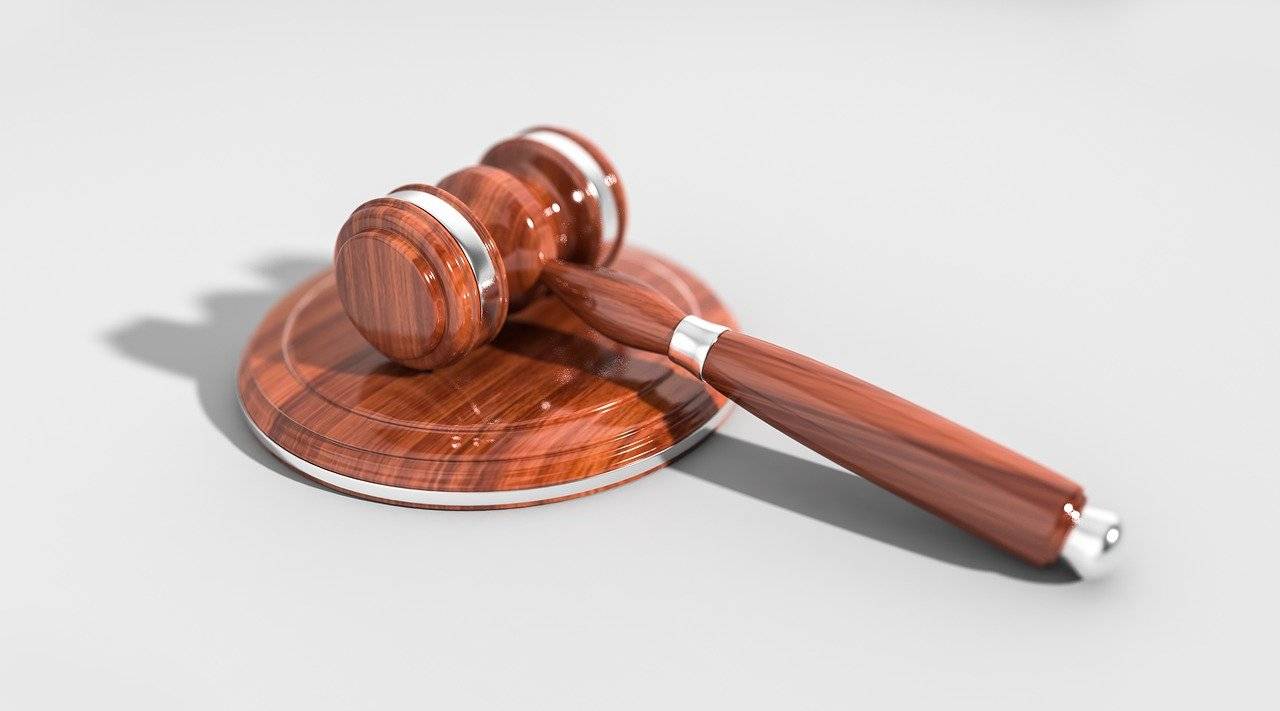Facts:
Autodesk Inc. is a U.S. based design software and digital content company which provides design software to professionals. It is also the owner of various Trademarks in India including AUTODESK and AutoCAD. Microsoft Corporation is the owner of various well known computer software like Microsoft Office and Microsoft Windows, having a subsidiary company in India. In May, 2003, Microsoft received information from Mr. Devesh Tiwari, a Service Engineer for computers of M & S Consultancy Services, about large scale use of unlicensed/pirated software by them. He revealed in the court that his employer company did not possess any legal licensed software and that his superiors were fully aware of the pirated software, including Microsoft Windows 95/98 Operating System; Microsoft Office 97/2000 and AutoCAD Versions 12, 14 and 2000 etc. being used from pirated CDs within the company.
Issue:
1. Whether M & S Consultancy is guilty of having infringed the copyright and trademark rights associated with the software that belongs to Microsoft and Autodesk
2. Whether Microsoft should be awarded punitive damages.
Rule of Law:
Section 40 of the Copyright Act, 1957, provides that the Central Government may, by order published in the Official Gazette, direct that all or any provisions of the Act shall apply to work first published in any territory outside India to which the order relates in like manner as if they were first published within India.
Para 3 of International Copyright Order 1999 dated 24 March 1999 published in the Gazette of India, states that under the aforesaid order, all the provisions of the Copyright Act, 1957, except those in Chapter VIII and those other provisions which apply exclusively to Indian works, have been extended to any work first made or published in a country mentioned in the Order in like manner as if the concerned work was first published in India.
Section 51 of the Copyright Act provides that copyright in a work shall be deemed to be infringed when any person without a licence granted by the owner of the copyright or the Registrar of Copyrights under the Act or in contravention of the conditions of a licence so granted or of any condition imposed by a competent authority under the Act does anything, the exclusive right to do which is by the Act is conferred upon the owner of the copyright.
Section 14 of the Act defines the rights of the copyright owner.
Held:
M& S was found using pirated software of Microsoft Corp. and Autodesk for its own commercial purposes. The court also pointed out the likelihood of persisting use of pirated software by M & S, therefore the Court restrained it from using any pirated/unlicensed software of Autodesk and Microsoft. After considering all the facts of the case, the court ordered the infringing party to pay a compensation of Rs. 1 lakh to Microsoft Company. The court also granted an injunction in favour of Autodesk and Microsoft Corp. by which M & S services were stopped from using any pirated software belonging to any of the parties in the suit.
Analysis:
Since the other party never tried to contest the suit by filing a written statement, the suit was decided in absence of any representation from M & S consultancy services.
The court ruled that since M & S was using pirated versions of the copyrighted software of Microsoft, it was guilty of infringement despite the fact that the work was first published outside India. The court in deciding the same issue, took reference of para 3 of International Copyright Order. Since Microsoft is a registered trademark in India, M & S was also held liable for infringing the trademark.
While deciding the issue of punitive damages in matters of piracy and infringement, the court referred to prior cases such as Time Incorporated v. Lokesh Srivastava & Anr., [2005 (30) PTC 3 (Del)], Hero Honda Motors Ltd. v. Shree Assuramji Scooters, [2006 (32) PTC 117 (Del)], Microsoft Corporation v. Deepak Raval [MIPR 2007 (1) 72], and Larsen and Toubro Limited v. Chagan Bhai Patel [MIPR 2009 (1) 194]. All these cases were in favour the awarding of punitive damages to the aggrieved party, even if the infringers decided not to appear in the suit proceedings at all. It was also argued that given the energy and resources spent by right-holders in infringement litigation, failure to award punitive damages would only foment encouragement for actions such as infringement and passing off. The court also voiced its concern over the extent of use of pirated software in India and considering the amount of investment and time and energy spent by Microsoft in developing the software and also in the institution of the suit, the court felt that if the compensation is not awarded it will encourage further infringement in similar fashion which will in turn discourage the companies to invest their capital in India. So, for deterring future possible infringers the court decided that the compensation should be awarded to Microsoft Corp. and the amount of which was decided to be Rs. 1 lakh.
Contributed by Mr. Sanket Kashyap
To know more about the Intellectual Property services offered by BananaIP (Earlier known as Brain League) visit bananaip.com



